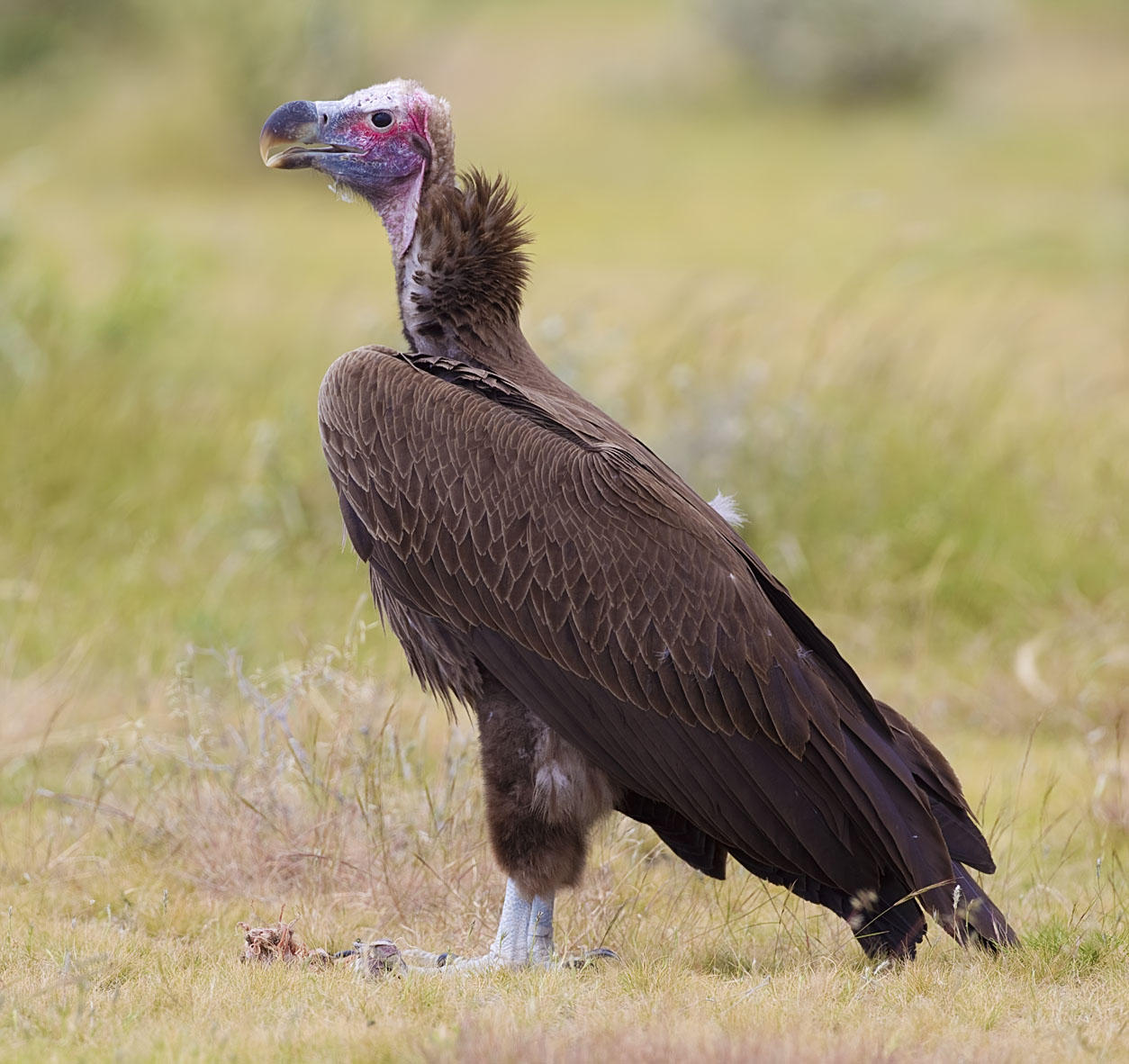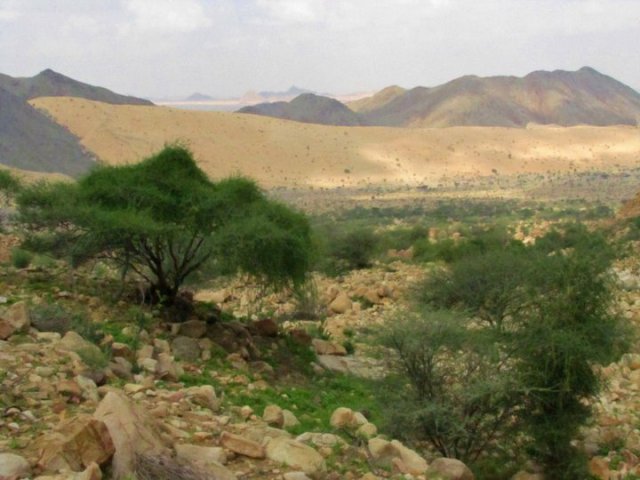
Red Sea nature reserve environmentalists celebrated the International Vulture Awareness Day on Saturday, calling to preserve the vultures’ numbers and hotbeds.
The Gabal Elba National Park south of the Red Sea governorate is full of different kinds of vultures such as Lappet-faced Vulture, the Bearded Vulture and the White Scavenger Vulture.
Vultures contribute to preserving clean environments, utilizing their keen sense of smell to find carcasses from a mile. The Bearded Vulture is one of the few animals to survive on a diet of mostly bone.
Efforts of environment researchers helped decrease the hunting of eagles, falcons and other birds of prey by Arab tourists.
Environmental researcher Ali al-Bashari spoke about the rich history vultures hold in Egyptian culture; “In the past, the name and shape of the Lappet-faced vultures have been associated with the early predynastic local goddess Nekhbet in the temples of the Pharaohs in Upper Egypt, and have been called the protectors of the king.”
The efforts of environment researchers managed to increase numbers of the lappet-faced vultures in Gabal Elba National Park after hunting them was banned, he added.
Edited translation from Al-Masry Al-Youm




